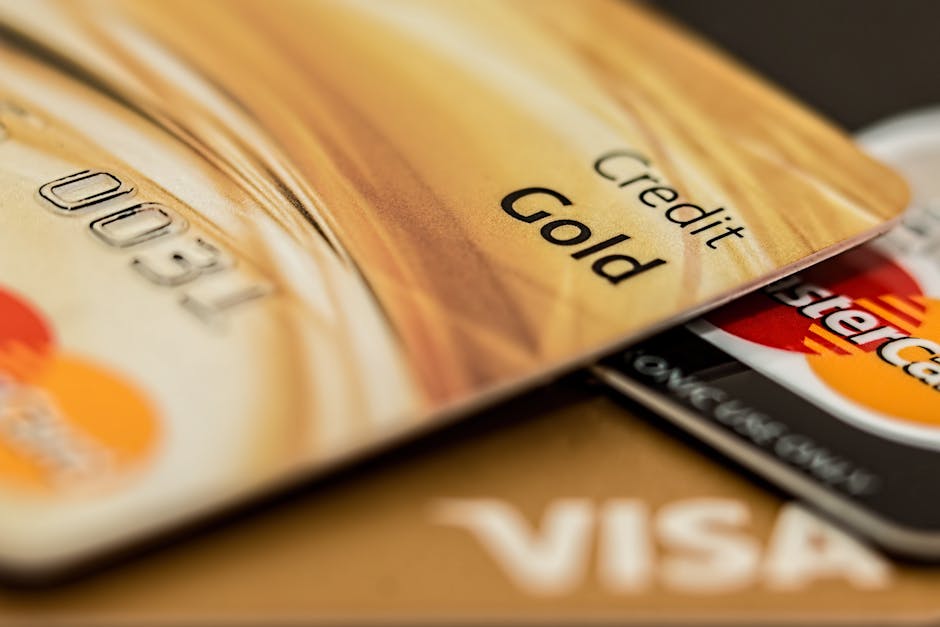Your credit score is a number that lenders use to assess your creditworthiness. It's based on your credit history, which includes factors like your payment history, the amount of debt you have, and the length of your credit history. A higher credit score means you're a lower risk to lenders, which can lead to lower interest rates on loans and credit cards.
**What's a Good Credit Score?**
Credit scores range from 300 to 850. A score of 700 or higher is considered good, while a score of 800 or higher is considered excellent.
**How to Build a Strong Credit Score**
There are a number of things you can do to build a strong credit score:
* **Pay your bills on time, every time.** This is the most important factor in your credit score. Even one late payment can damage your score.
* **Keep your credit utilization low.** Credit utilization is the amount of debt you have relative to your available credit. Aim to keep your credit utilization below 30%.
* **Don't open too many new credit accounts in a short period of time.** Each time you apply for new credit, it triggers a hard inquiry on your credit report. Too many hard inquiries can lower your score.
* **Dispute any errors on your credit report.** If you find any errors on your credit report, dispute them with the credit bureau.
**How to Maintain a Strong Credit Score**
Once you've built a strong credit score, it's important to maintain it. Here are a few tips:
* **Continue to pay your bills on time.**
* **Monitor your credit report regularly.** You can get a free copy of your credit report from each of the three major credit bureaus (Equifax, Experian, and TransUnion) once per year at AnnualCreditReport.com.
* **Limit your credit inquiries.** Only apply for new credit when you need it.
**The Impact of Your Credit Score**
Your credit score can have a significant impact on your financial life. A good credit score can help you get approved for loans and credit cards, and it can also lead to lower interest rates. A bad credit score, on the other hand, can make it difficult to get approved for credit, and it can also lead to higher interest rates.
If you have a bad credit score, don't despair. There are a number of things you can do to improve your score. By following the tips above, you can build a strong credit score and improve your financial future.

